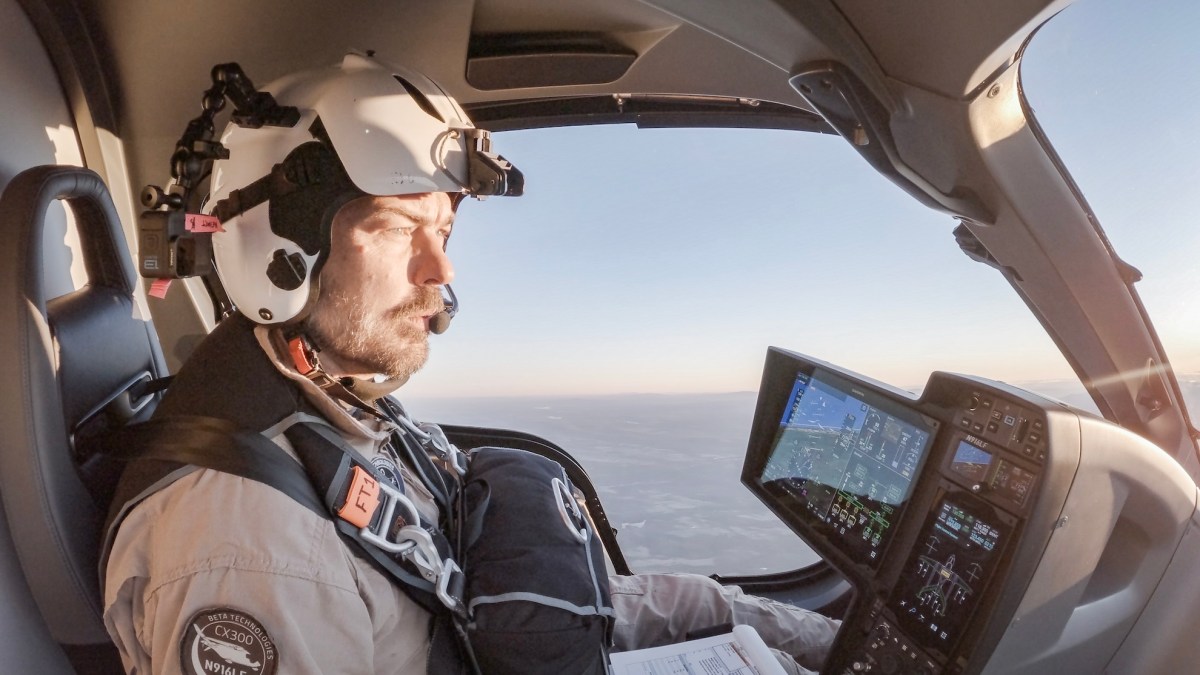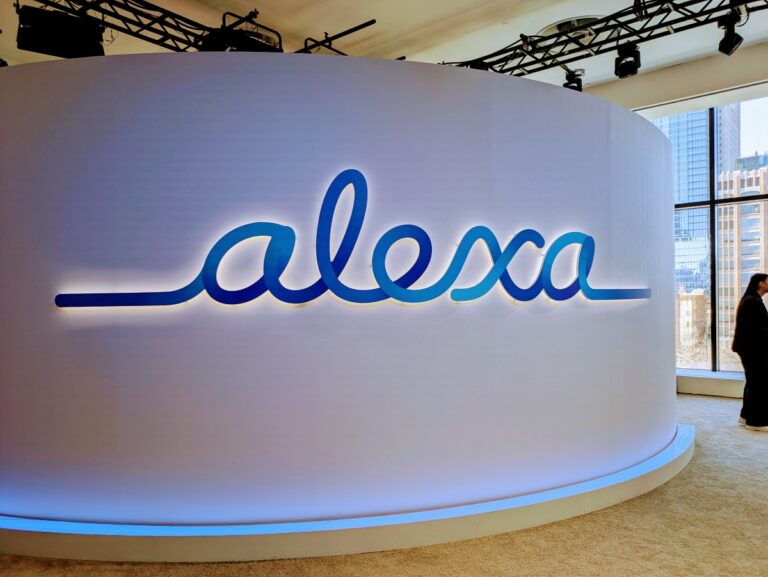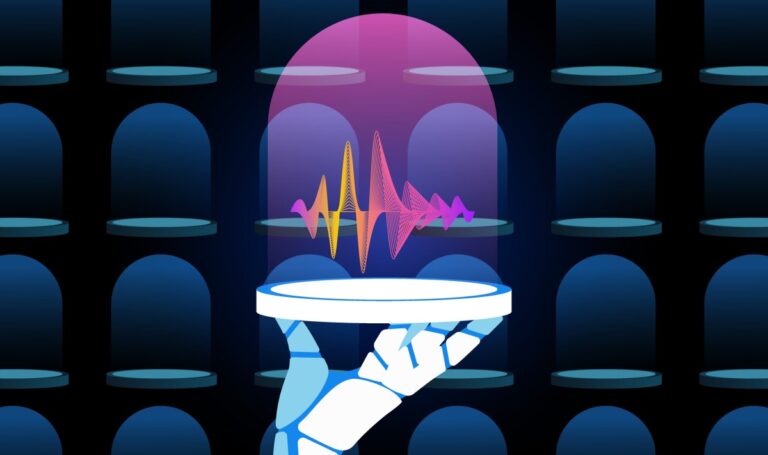Breaking the Mold: Kyle Clark’s Revolutionary Approach to Electric Aviation Beyond Silicon Valley
In the rapidly evolving world of electric aviation, Beta Technologies has made significant strides with its innovative electric aircraft, the Alia CX300. Last November, a remarkable event took place when 800 enthusiasts gathered at a South Burlington hangar to celebrate the aircraft’s first maiden flight, marking a pivotal moment for the company.
Beta Technologies’ Historic Maiden Flight
On a brisk morning, Kyle Clark, the CEO and founder of Beta Technologies, took the controls of the Alia CX300 during its inaugural flight. The flight lasted over an hour, soaring through clear skies in what Clark described as a “perfectly quiet electric airplane.” He expressed immense gratitude for the experience, highlighting the company’s commitment to innovation.
Commitment to Promises
Clark emphasized the importance of trust within his team and the board, stating, “We set a goal of November 13, and on the morning of November 13, we went and flew that airplane.” This commitment to fulfilling promises is a core value at Beta Technologies.
Beta Technologies: A Unique Approach in Electric Aviation
Unlike many of its competitors based in Silicon Valley, Beta Technologies is headquartered in Vermont. This decision reflects Clark’s unconventional approach to business, which extends to the design of his aircraft and the company’s strategy to enter the electric aviation market.
A Visionary Leader
With a background that includes a degree from Harvard and experience as a professional hockey player, Clark brings a unique blend of skills to Beta Technologies. He has a wealth of knowledge in power electronics and has rejected traditional venture capital funding, opting instead for institutional investors.
Beta’s Strategic Plans for Electric Aircraft
Beta Technologies has a distinct go-to-market strategy compared to its rivals, such as Archer Aviation and Joby Aviation. While these companies focus on electric vertical takeoff and landing vehicles (eVTOLs), Beta is dedicated to producing both a conventional electric aircraft, the Alia CX300 eCTOL, and an eVTOL model, the Alia A250.
- The Alia CX300 is designed for regional flights.
- The Alia A250 targets urban environments.
- Both aircraft share similar designs, reducing production costs and streamlining the certification process.
Future Prospects
Clark anticipates that the Alia CX300 will become the first eCTOL certified for commercial flight by 2026. The company is also developing an electric aviation charging network, with plans to expand from 46 sites currently operating across 22 states to 150 by 2025.
Key Customers and Partnerships
Beta Technologies has already secured commitments from notable clients, including Air New Zealand, which plans to use the CX300 for mail delivery. Other customers include UPS and the U.S. Air Force, showcasing the versatile applications of Beta’s electric aircraft.
Competition in the Electric Aviation Market
Despite being under the radar compared to competitors, Beta Technologies has made substantial progress in piloted flights and customer orders. However, the competition remains fierce, with Archer Aviation and Joby Aviation raising significant funding and focusing on various market segments.
Clark’s Innovative Engineering Approach
Clark’s engineering philosophy differs from that of his competitors. While Archer and Joby distribute their battery packs to enhance reliability, Beta consolidates its battery system, which Clark believes optimizes performance and safety.
Funding Strategy and Future Goals
Beta Technologies has successfully raised $1.15 billion from institutional investors, avoiding venture capital to maintain control and focus on its mission. This funding has primarily gone towards building manufacturing facilities and certifying aircraft, demonstrating a commitment to efficiency and growth.
As Beta Technologies prepares for a future filled with electric aviation possibilities, the company’s innovative spirit and dedication to its promises position it as a significant player in the industry.
For more information on electric aviation and the latest advancements, visit TechCrunch.







